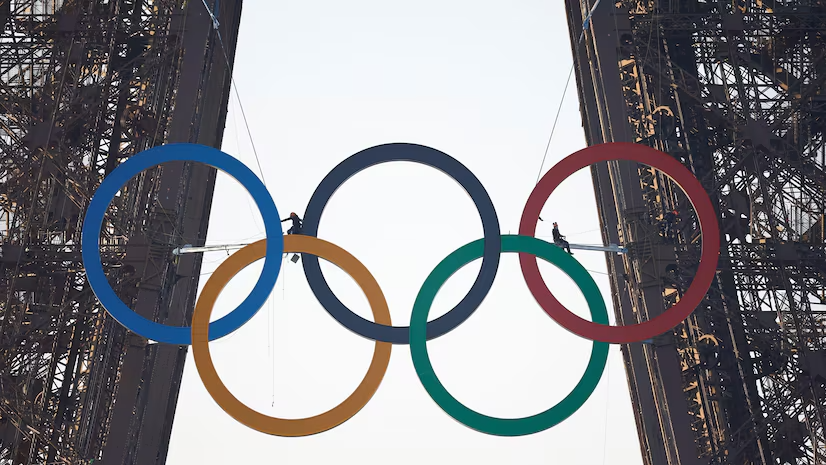
With the 2026 Winter Olympics in Italy approaching, Russia’s participation remains uncertain due to ongoing international circumstances. The situation mirrors the 2024 Paris Olympics, where Russian representation was minimal, with only select athletes competing as neutrals and securing just one silver medal in women’s doubles tennis.
Russia’s winter sports legacy is significant, having earned 120 medals under their national flag since 1994, ranking sixth globally. Including performances under neutral designations (ROC and OAR), Russian athletes have accumulated an additional 49 medals, placing them near winter sports leaders like the United States and Canada.
The International Olympic Committee’s current position affects multiple sports, particularly in areas of traditional Russian strength. Figure skating exemplifies this impact, where Russian athletes have claimed 26 medals since 1994 (excluding neutral designations). The International Skating Union has requested Russia to submit potential neutral athlete nominations by February 28 for 2026 consideration.
Russian sports officials maintain dialogue with international bodies while disagreeing with current restrictions. “We consider restrictions unfair and strive for a complete listing of those so that our athletes can compete under the national flag. However, we do not refuse to participate even under current conditions,” stated Russian Olympic Committee President Mikhail Degtyarev.
In ice hockey, Russia could potentially field NHL stars like Nikita Kucherov and Alexander Ovechkin, alongside elite goaltenders Andrei Vasilevskiy, Igor Shesterkin, and Ilya Sorokin. Russian Hockey Federation president Vladislav Tretiak has strongly criticized the restrictions on Russian athletes’ participation.
Historically, Russian athletes have competed under various designations since the Soviet Union’s dissolution, including the Unified Team (1992), Russian Federation (1994-2014), Olympic Athletes from Russia (2018), and Russian Olympic Committee (2022). Some of these alternative designations resulted from World Anti-Doping Agency findings regarding state-sponsored doping programs.
Sports experts note the significance of Olympic participation for Russia. Thomas J. Kent, a Columbia University international affairs instructor, explains: “Sports is super important for Russia. It’s very important internally, because Russia usually fields very strong teams in international sports competitions, so it tends to validate for the Russian population the power of Russia.”
As the Winter Olympics approach, the possibility of Russian participation, whether under the national or neutral designation, remains uncertain, potentially affecting multiple winter sports disciplines where Russian athletes have historically excelled.


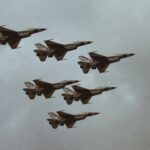

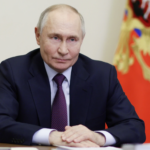
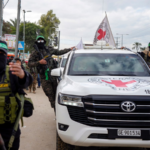

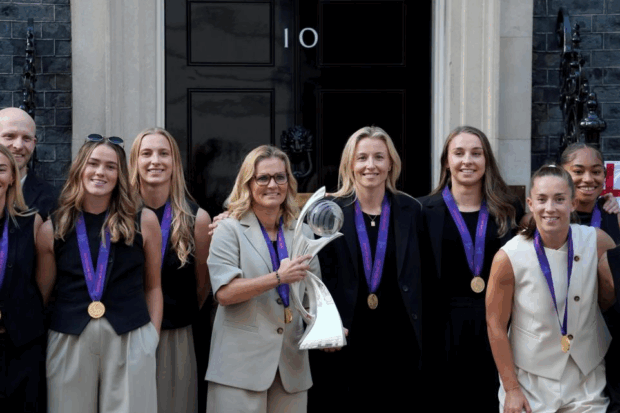


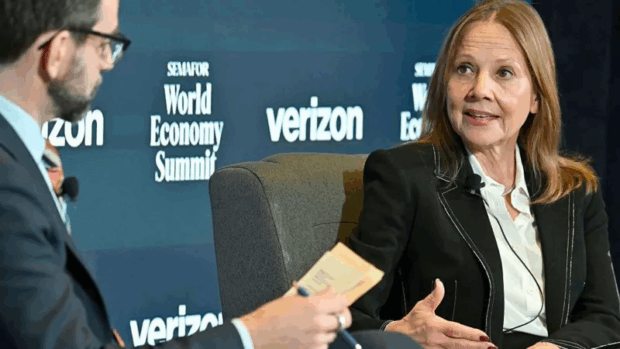





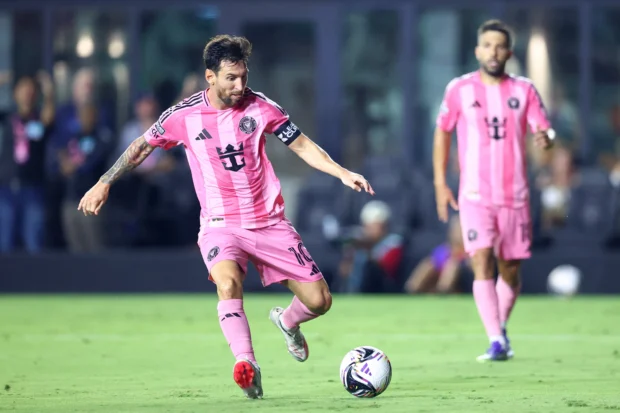
Be the first to leave a comment